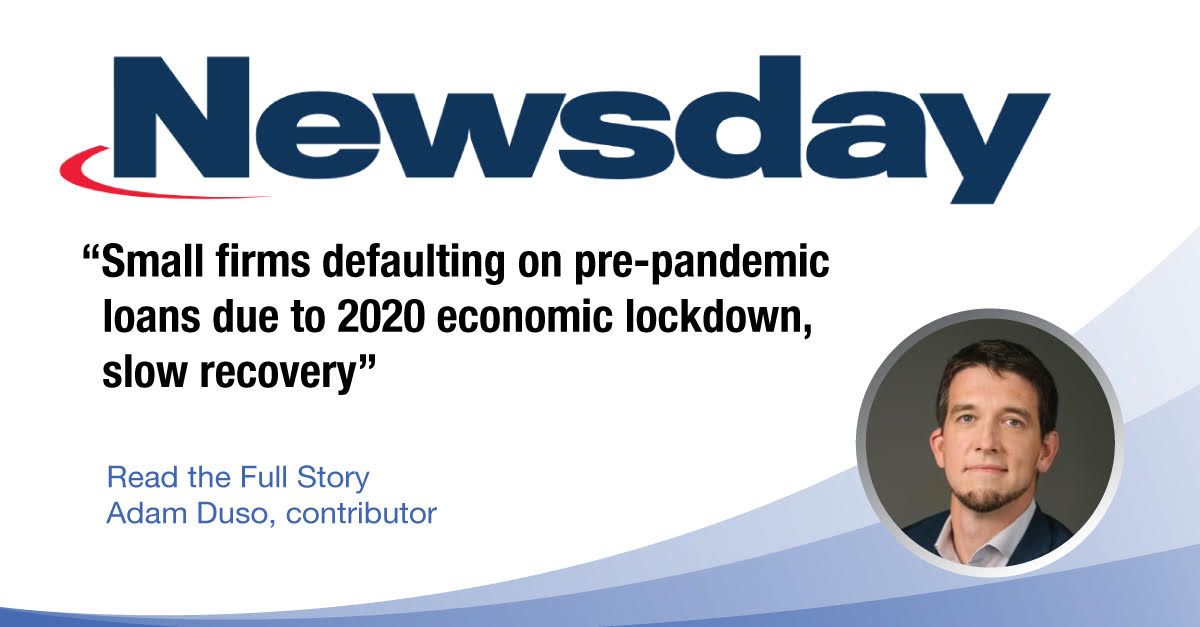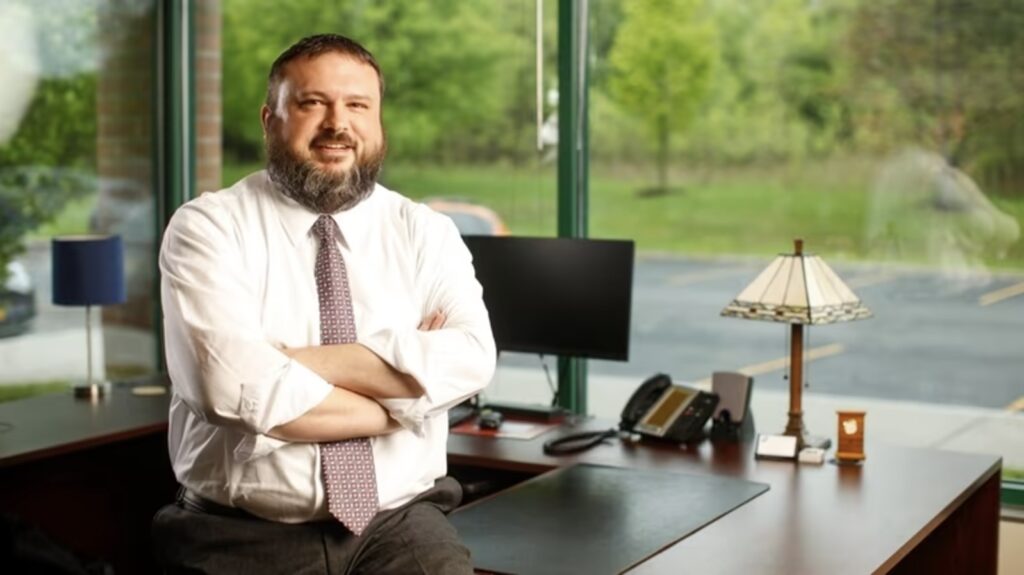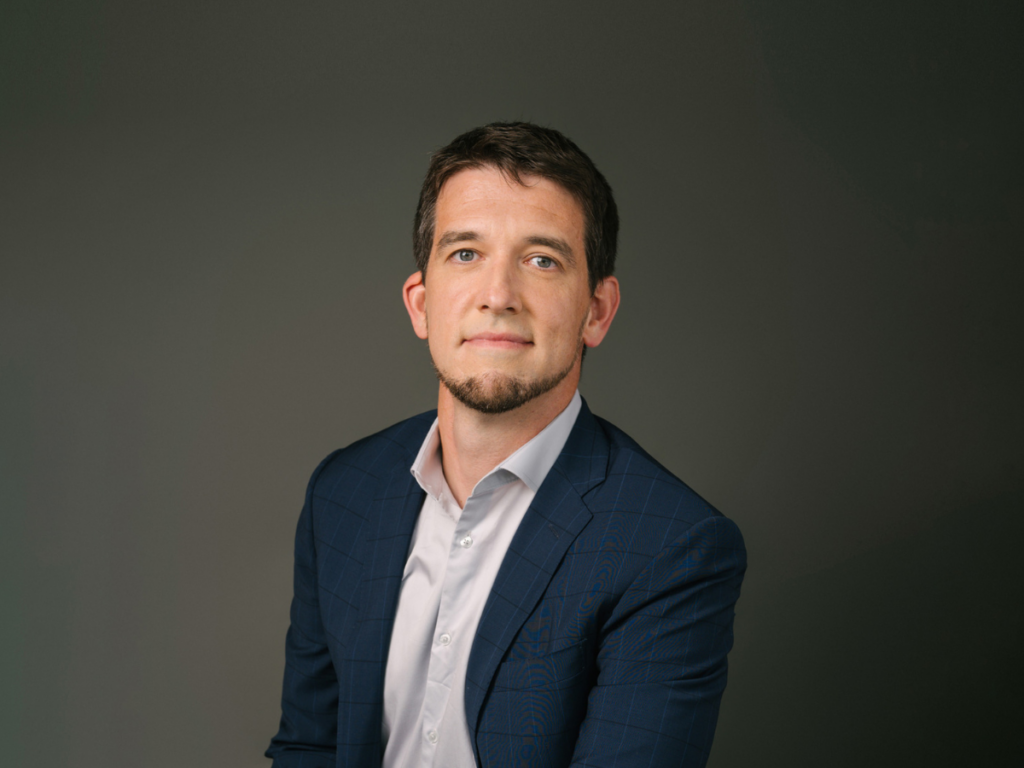Originally published in Newsday, by James T. Madore.

Ignacio Lopez lost his small business to the COVID-19 pandemic, and along with it, his entire retirement savings. He now could lose the only house he’s ever owned because his bank is pursuing foreclosure to satisfy the unpaid portion of a business loan.
Lopez, 62, of Westbury, took out the $1.46 million loan to purchase a kids entertainment franchise nine years ago. The bank loan was guaranteed by the U.S. Small Business Administration, and he had paid back half the amount before New York State shut down all nonessential businesses in March 2020 to slow the coronavirus’ spread.
Lopez’s BounceU of Brooklyn never reopened, but under federal law he’s still on the hook for the loan, which is part of the SBA’s 7(a) loan program for small businesses. These loans cannot be forgiven unlike the Paycheck Protection Program loans taken out during the pandemic.
Lopez isn’t alone.
A business consultant in Massachusetts told Newsday he had “dozens” of clients who got 7(a) loans before the pandemic and had no trouble making the monthly payments until the virus struck. Now, they are either in arrears or have defaulted on the loan.
To make matters worse, the consultant said, a debt-relief program from the SBA has a multiyear backlog of applications and 7(a) lenders are increasingly putting borrowers’ homes into foreclosure to take advantage of record selling prices.
For Lopez, his emotions swing from shame and helplessness to frustration and anger.
“I feel abandoned,” said Lopez, who returned to his occupation in health care administration after BounceU was closed permanently in summer 2020.
“I was running the business well and it was geared to pay off that loan,” he recalled. “But Gov. [Andrew M.] Cuomo’s Executive Order [locking down the economy for months] shut me down, preventing me from making payments because I had no money with the business being closed. The business ultimately failed — and I feel that I personally failed.”
That’s the prevailing view of entrepreneurs who took out 7(a) loans before the pandemic and now find themselves in financial distress. But experts said it’s an unfair judgment because there was no way of knowing that a virus would sweep across the world, killing more than 7 million people.
“Pre-COVID, their business was probably running gangbusters and now in the post-COVID economy everything has changed,” said Mikal J. Krueger, a bankruptcy and real estate attorney at the law firm McConville Considine Cooman & Morin, P.C. in upstate Rochester. He has two clients — a retail store and an agricultural business — with pre-pandemic 7(a) loans that they are having trouble repaying.
“It’s nobody’s fault what happened with COVID and the shutdown, Krueger said. “There was nothing that the business owner did or could have done that would have changed events.”
Many 7(a) loans
Every year, more than 55,500 7(a) loans are approved by the SBA for a total of about $27 billion, based on lending activity in the past eight years, according to a report from the agency’s Office of Capital Access.
Most of the loans are for up to $5 million per borrower with a federal guarantee to the lender of up to $3.75 million, or 75%. The guarantee is higher for loans of $150,000 or less.
The loan term varies but can be as long as 25 years if it involves buying property. The interest rate can be fixed or variable, according to SBA documents.

Borrowers defaulted on nearly 5,000 7(a) loans, or 9% of all outstanding loans in 2018 and about 3,000, or 6.3%, in 2019. But in the worst years of COVID-19 — 2020-22 — the number of loan defaults plummeted to a low of less than 1% in 2022 as SBA paid up to six months of loan payments in 2020-21 when the economy was shut down, the agency’s Office of Inspector General reported last year.
The 7(a) program, Krueger said, is for borrowers who don’t qualify for traditional financing and are unlikely to secure a lender’s help, if not for the government-loan guarantee. The borrowers are often women, veterans, the disabled or members of minority groups.
“But there’s a dark side to the program: When things go bad for the borrower, the law written by Congress, as well as the regulations put in place by the SBA to carry out that law, tie the hands of the lender,” he said. “The lender cannot make an exception because then SBA won’t pay the guarantee, and the lender could be thrown out” of the program.

“Outside of the 7(a) program, I do see banks being more able to craft an individual outcome because they don’t have the SBA requirements boxing them in,” says attorney Mikal J. Krueger, a bankruptcy and real estate attorney at the law firm McConville Considine Cooman & Morin, P.C. in upstate Rochester. Credit: MCCM Law Firm
Krueger added that the lender was generally barred from forgiving the loan and must pursue collection of the collateral behind the loan, such as a house.
“Outside of the 7(a) program, I do see banks being more able to craft an individual outcome because they don’t have the SBA requirements boxing them in,” he said.
Krueger and others called on Congress to provide relief.
“Let these 7(a) lenders have more authority over the loans that originated pre-COVID to address the huge financial repercussions” facing delinquent borrowers, he said.
Other remedies
A new law isn’t the only remedy, according to Adam Duso, chief business officer at Second Wind Consultants Inc. in Northampton, Massachusetts.
The firm works with lenders to restructure failing businesses outside of bankruptcy court by selling the assets to a new owner who keeps the business operating. The firm then helps the old owner settle their debt to the lender and SBA through the latter’s Offer In Compromise program.

With an OIC agreement, Duso said, the delinquent borrower agrees to pay a lump sum or to a payment plan that, if accepted by the bank and the SBA, will resolve their debt — usually for less than what is owed. To be eligible, the borrower must have closed their business, sold the assets and used the proceeds to reduce debt.
He said OIC agreements would help distressed 7(a) borrowers, if SBA didn’t have a three- to four-year backlog of them to review and not enough employees to do the work. The agency stopped processing OIC agreements in the pandemic so it could process applications for Paycheck Protection Program loans, COVID-19 Economic Injury Disaster Loans and other COVID-19 business aid.
“We don’t need an act of Congress; we just need 200 trained people to process writing down the loans” via OIC agreements, Duso said.
He’s also seeing lenders attempt to take borrowers’ homes for the first time in his 16-year career.
“The SBA used to encourage banks to do everything short of foreclosure, even if the home was collateral for the loan,” Duso said. “Now, I’ve got clients left and right facing foreclosure because banks are getting pressure with increased home values post pandemic.”
Asked how many of the clients are pre-pandemic 7(a) borrowers, he said, “dozens of them. This story is more prevalent today.”

Adam Duso, chief business officer of Second Wind Consultants Inc. in Northhampton, Massachusetts, said he has dozens of clients who have defaulted on their pre-pandemic 7(a) business loans or are behind in making payments due to the 2020 economic lockdown and subsequent slow sales growth. Credit: Second Wind Consultants
Duso and others said the PPP and COVID-19 EIDL loans had an unintended consequence: they added to a small business’ debt, leaving the owner with high-interest financing as the only option to fund future operations.
The PPP and COVID-19 EIDL, together with SBA making 7(a) loan payments at the pandemic’s height, “kept businesses alive but didn’t account for the cost of relaunching a business. That’s how a lot of my clients got into trouble” by taking on high-interest short-term debt, Duso said.
SBA representatives didn’t respond to requests for comment.
Bought BounceU
For Lopez, buying the BounceU franchise at 6722 Fort Hamilton Pkwy. in Brooklyn was the fulfillment of a lifelong dream to become an entrepreneur like his late father. The senior Lopez owned a chicken farm in Cuba before the communist revolution, which caused him to flee to Miami with his family in 1969.
Brooklyn’s BounceU had been operating for eight years when Ignacio Lopez took ownership in January 2016. It had yearly revenue of about $1.9 million, 27 employees and was the second-most profitable BounceU location in the country, he said.
Lopez paid $2.3 million for the business, using his retirement savings of $792,500 and the 7(a) loan from JPMorgan Chase Bank’s New Hyde Park branch. The Lopez family home in Nassau County served as the loan collateral, according to bank documents.
After the state-mandated shutdown, Lopez said he stopped paying rent, eventually amassing a bill of $350,000. In July 2020, the landlord called to report that the building’s alarm had gone off and advised securing the premises. When Lopez arrived, he said he found the BounceU doors had been padlocked.

At the time, commercial landlords were forbidden from evicting tenants for nonpayment of rent, based on Cuomo’s Executive Orders.
The landlord applied Lopez’s security deposit of $128,000 to the back rent and terminated the lease in November 2020, when the security deposit wasn’t replenished, according to a February 2021 tenant notice.
The landlord then sold the business’ assets, valued at about $230,000, to settle the remaining back rent without objection from Chase, according to a March 2021 letter from the landlord’s attorney to the bank.
Asked for comment, the landlord told Newsday that he was busy in meetings. His attorney didn’t respond to requests for comment.
Chase spokesman Jack Sterne said the bank had no choice but to pursue Lopez even though much of the outstanding loan balance was repaid by the SBA.
“We understand small businesses faced challenges during the pandemic, however in this case we are bound by the SBA program’s rules,” he said.
Records show Lopez received a $70,000 PPP loan and that $60,000 was forgiven. He also took out a $150,000 COVID-19 EIDL loan and SBA made payments on his 7(a) loan for 10 months during the worst of COVID-19.
Since December 2020, Lopez has appealed to the leaders of Chase, the SBA and Congress for help. Those that have responded have said their hands are tied by the 7(a) regulations, based on documents reviewed by Newsday.
Angelo Roefaro, a spokesman for Sen. Charles Schumer (D-NY), the majority leader, said Schumer aides and Lopez were communicating.
Lopez said: “COVID was an unprecedented situation that streamed rolled over my business and many others. We need relief.”


